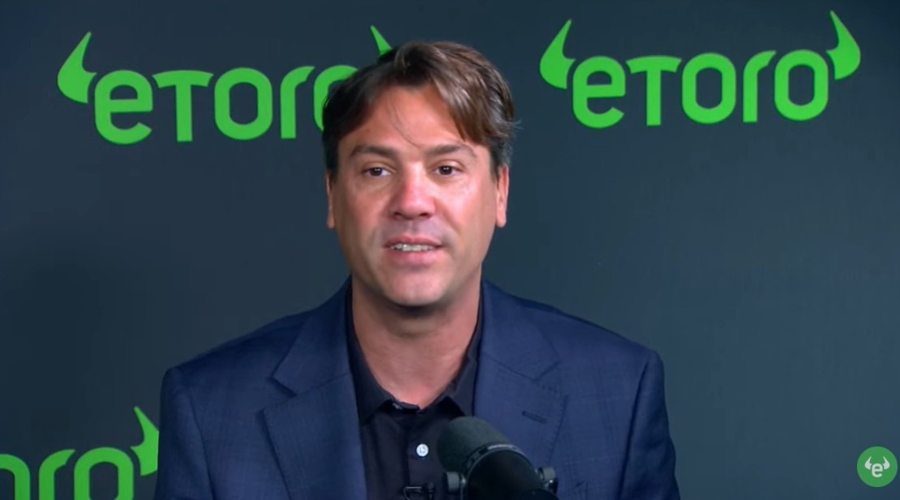I’ve been coaching and training financial advisors, investment advisors, insurance advisors and financial planners for over 30 years. Most of these professionals are looking to offer increasingly better services to their clients while simultaneously growing their businesses commensurate to their expanded offer. As I discussed in my last two articles (here and here), adapting the Personal CFO model is one of the quickest and surest methods of attaining both. Whether you decide to take on the Personal CFO role for your clients or remain within your more specialized silo of investment or insurance advising, there is one particular offer that is guaranteed to significantly benefit your clients while providing your business with unlimited growth potential: estate planning.
Interestingly, when I ask advisors during our training workshops whether or not they offer estate planning, usually less than 10% of the participants tell us they do. This number holds true whether we’re speaking with insurance advisors, investment advisors or financial advisors (Certified Financial Planners (CFPs) tend to be in the 60%-70% range). However, when I press them on how far they actually take the estate planning discussion, most of those who say they do it – including the CFPs – usually say they take it no further than asking about their wills and powers of attorney.
That’s both a surprise and a shame. Estate planning is the ultimate act of dealing with an individual’s – or couple’s – lifetime wealth accumulation and, when dealt with appropriately, helping them realize and structure their desired legacy. Most advisors have been intricately involved in participating in that wealth creation; why not expand on that and take it to its critical conclusion?
Personally, my business took a dramatic positive turn when I was introduced to providing estate planning for my clients. Despite learning the basics of estate planning during my CFP studies, my real education came at the hands of a top producer in my office. Not only did Ian show me and my fellow neophytes in the office how to appropriately incorporate estate planning into our businesses, but he was able to show us exactly how we could monetize this new service…without overstepping the legal constraints, of course.
So, to help promote the value of estate planning – to clients and advisors alike – I offer you the top-10 reasons for offering estate planning:
- Your clients desperately need it.
- It’s part of the holistic advice that studies indicate consumers are looking for.
- It will help minimize the potential for inter-generational family conflict.
- You can help your clients see (and feel) their legacy play-out in front of them while they’re still here.
- You can help them preserve more of their estate through tax and succession planning.
- Estate planning wedges out, and keeps out, your competition (who rarely offer it).
- It generates a significant number of referrals and introductions throughout the process.
- It allows for more investment and insurance product placement.
- You are perceived as the “expert” financial advisor to your clients.
- Estate planning allows you to engage and hold onto the next generation of clients.
Unaware of these immense benefits, to clients and advisors alike, most financial advisors have yet to offer estate planning in any meaningful way. This, despite the fact that when asked, they’re already working the periphery of estate planning by helping with insurance placement, beneficiary designations, asset ownership issues, trust considerations, and much more.
If you are offering goal-based advice, which most of you are, estate planning is taking that advice to its logical conclusion. You don’t have to be an expert in estate planning; you can leave that to the estate attorney(s) that you choose to work with. You won’t be giving legal advice or drafting wills and powers of attorney; again, the attorney will do that. Your job is to get your clients (or prospective clients) engaged in the estate planning conversation and then leading them to the attorney to finalize their side of the requisite work.
As you can see in the Estate Planning Process below, a financial advisor can be involved in every step of the process other than “formalize estate documentation”, and even there, you will ensure that your clients meet with an estate attorney to have this completed. Beyond that, who is better positioned than a financial advisor to ensure that final step of the process is maintained? Advisors meet with their clients annually, if not more often. A regular review of their estate plan ensures that the plan is always up to date and, when any necessary changes are required, the advisor can make sure that the estate attorney is brought in as needed. Without the financial advisor’s participation in the estate planning process, even clients with existing wills and powers of attorney are apt to let them become outdated and out of synch with current personal, financial, or legal circumstances.
Next time we’ll take a look at the actual client estate plan that put me on the road to becoming an advocate for advisors taking on the role of estate planning practitioner.
About the author:
Daniel Collison is Co-founder and Managing Partner with Advice2Advisors, which trains, mentors, and coaches growth-oriented financial advisors of all tenures. He is also the author of Building Bigger & Better: Growth Strategies of Top-Producing Financial Advisors, FriesenPress, 2023.
To learn more, contact us at advice2advisors.com or 1-833-226-2242.
The views and opinions expressed herein are the views and opinions of the author and do not necessarily reflect those of Nasdaq, Inc.





































